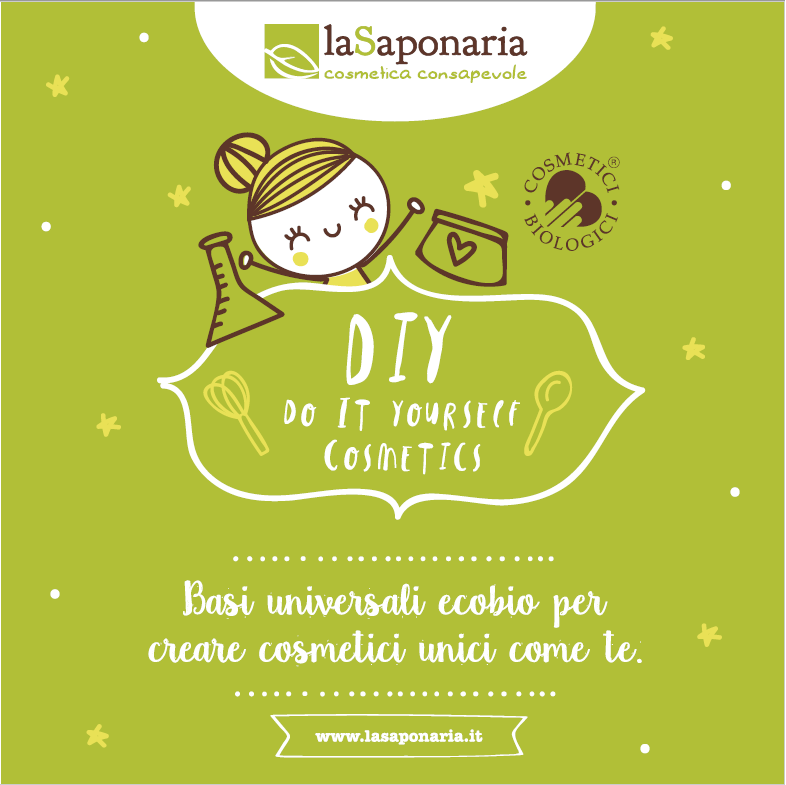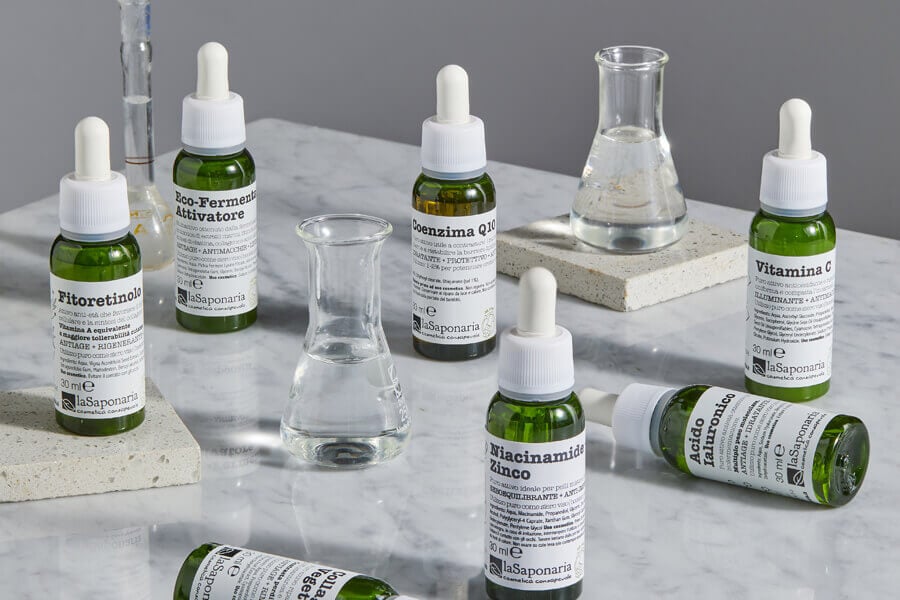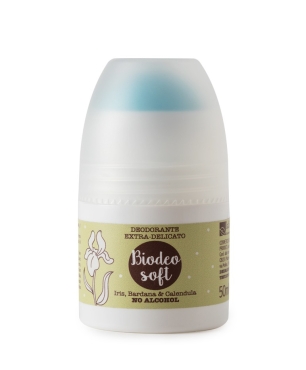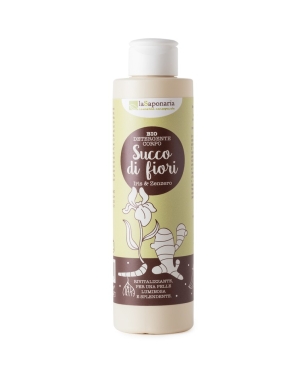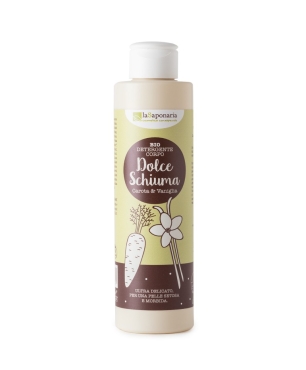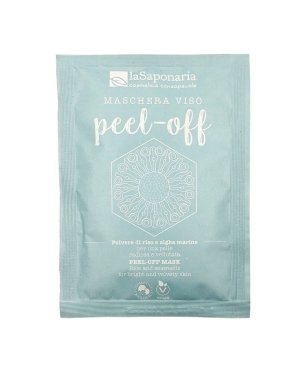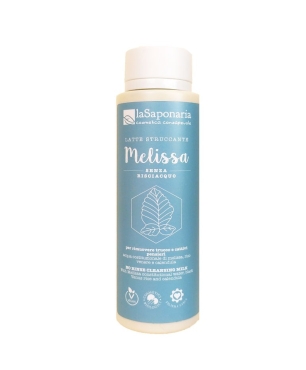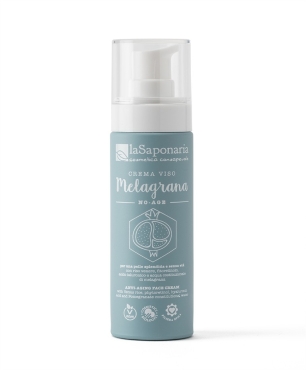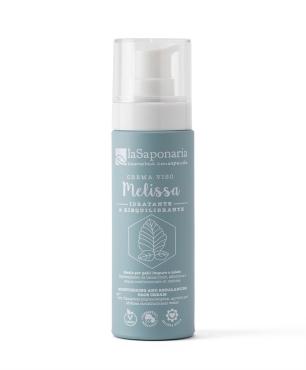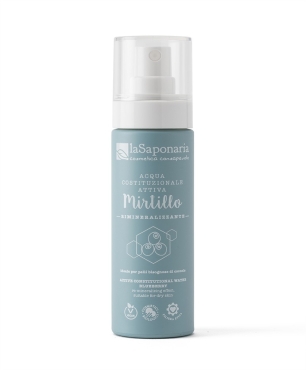Lemon balm

INCI NAME:
Melissa Officinalis Leaf Water, Melissa Officinalis Leaf Oil
ORIGIN:
Vegetal
FUNCTION:
Purifying, soothing, toning, antioxidant, anti-aging, antibacterial, anti-inflammatory

This is an automatic translation
Melissa officinalis is a plant of the Labiatae family, native to West Asia, very common in Europe but not spontaneous, in fact the plants that grow spontaneously have all escaped cultivation. It is a perennial herbaceous plant up to 80 cm tall with a bushy habit, with a branched stem. The leaves are large, with toothed margins and raised ribs.
The whole plant gives off a pleasant lemon aroma, thanks to the high content of essential oil in the leaves, which is why it is also known by the name of citronella or lemon tree.
The leaves of Melissa officinalis contain about 4% of rosmarinic acid and other polyphenolic acids such as caffeic acid and chlorogenic acid, there are also flavonoids, monoterpenic glycosides, triterpenes and an essential oil (0.02-0.2% ) containing citronellal (30-40%), citral a and b (20-30%), methylcitronellal, ocimene, citronellol, nerol and geraniol, beta-caryophyllene, germacrene D. It also contains tannin, resin, succinic acid, mucilage and starch.
This plant is often used in herbal and phytotherapeutic areas, this is because it can be used effectively to combat digestive disorders related to anxiety and to counteract insomnia, thanks to its mild-sedative and antispasmodic properties.
As a medicinal plant it is also attributed important anti-inflammatory, antibacterial and antifungal properties.
The conspicuous presence of polyphenolic acids and polysaccharides gives the plant valuable and recognized properties used in cosmetics, in fact in this context the plant can be found in different forms:
-Essential oil (Melissa Officinalis Leaf Oil), ideal ingredient for soothing cosmetics, adjuvant in the treatment of impure and acneic skin.
-Lemon balm extract (Melissa Officinalis Leaf Water): thanks to its phenolic components, it acts as an antioxidant, inhibits lipid peroxidation and has an anti-aging and radical-scavenger action. It manages to neutralize free radicals, thus helping to counteract the signs of skin aging. It is also an excellent stimulant, invigorating and soothing skin.
-Melissa is included in some of our products as an ingredient in the form of Melissa constitutional water.
Ethical chain
Our active constitutional waters come from the high Val Varaita, in the province of Cuneo, an uncontaminated place, a jewel of alpine architecture, where man and nature find the right balance in mutual respect. The cooperative agricultural company that produces them was founded in 1985 and is a splendid combination of the ancient herbal tradition and the most advanced research into new production technologies. Dedicated to the cultivation, drying and transformation of officinal plants from organic farming, it operates according to a supply chain logic that, unique in the sector, goes from cultivation to the finished packaged product.
The herbs and officinal plants, organic, GMO-free and fresh from harvest, are dried with an innovative "open cell" system that deprives them of water but keeps the cell membrane intact and with it the active ingredients, aroma and perfume: a revolution compared to the traditional system! The open cell drying technology allows in fact to recover the water contained in the constituent tissue of the dried plant. For this reason the final product is called Constitutional or Cellular Water. Constitutional waters have a marked energetic characteristic that derives from the plant that generated them. The cell containing the liquid is in fact the vital laboratory of the plant and it contains all the "active" and "constitutional" information.
The results of the tests carried out confirmed the unique characteristics of this product which should not be confused or compared to the simple aromatic waters obtained by "washing" the distillation systems. A fundamental element for the use of these tissue waters is their stabilization and conservation. A stabilization system based on filter membranes is used that is able to control any spore-forming form present in the liquid, in order to keep the organoleptic characteristics of the product intact without adding preservatives.











